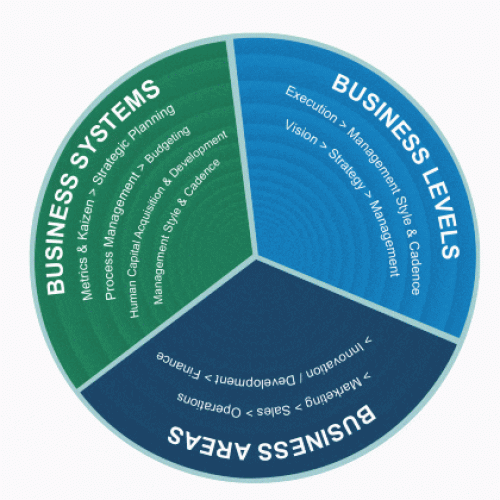When planning for growth, the size of your target market plays a crucial role. It’s often advantageous to begin with a niche market, where you can carve out your space at the intersection of a vertical market and a specific application or problem. Smaller niches can even be an advantage in the early stages of your business journey. However, it’s essential to couple niche strategies with a broader vision that includes expansion into larger markets. Institutional investors typically seek companies that have the potential to reach $100 million in sales within 5 to 6 years, making this a benchmark for ambitious entrepreneurs.
The Power of a Small Market: Even with a relatively modest price point, such as $250 per unit, you can find a substantial market opportunity. For instance, if you have 100,000 potential customers, that equates to a $25 million market opportunity. Starting with a smaller market allows you to validate your product, fine-tune it, establish your value proposition, refine your pricing, and optimize your marketing and sales strategies. This early success can be leveraged to attract funding for expansion into larger markets.
“Never try to go after huge markets on day one. VCs call this trying to ‘boil the ocean’ and will run, not walk, from your deal.” – Steve Blank
Beginning with the MVP: Your initial market entry should be modest in scale. By doing so, you can avoid direct competition with larger, more established companies and potentially position yourself as the exclusive solution to a specific problem within your niche. While an ideal market size might range from $100 million to $250 million, what truly matters is the uniqueness of your offering and the presence of barriers to entry that discourage competitors.
Tesla’s Path to Success: A prime example of starting small and scaling up is Tesla. Tesla’s first product, the Roadster, hit the market in 2008 and sold around 2,400 units, each priced at roughly $100,000. This translates to a market size of $240 million in gross sales. However, Elon Musk didn’t envision building a car empire based solely on the Roadster. Instead, he used it as a stepping stone. Tesla expanded its product line with the introduction of the Model S in 2012, entering a larger market segment. Over time, Tesla diversified its offerings, spanning SUVs, economy models, and even a truck. This approach ultimately contributed to Tesla achieving a market valuation of $1 trillion.

The Importance of Market Entry Strategy: It’s a common entrepreneurial fallacy to believe that your product is designed for everyone. While it’s beneficial to design with broad appeal in mind, the initial market you target should be narrow and well-defined. This approach mitigates risks, reduces capital requirements, and fosters closer relationships with customers. Entrepreneurs should remember that growth often begins with addressing a smaller market before venturing into more expansive territory.
As Steve Blank, a respected figure in entrepreneurship, advises, “Never try to go after huge markets on day one.” The strategy of attempting to “boil the ocean” by targeting massive markets right from the start tends to deter venture capitalists. Instead, starting with a niche market and gradually expanding is a more prudent approach. Smaller markets provide fertile ground for testing your product, building a loyal customer base, and securing the resources necessary for scaling. Over time, as you solidify your position, you can confidently set your sights on larger horizons.











